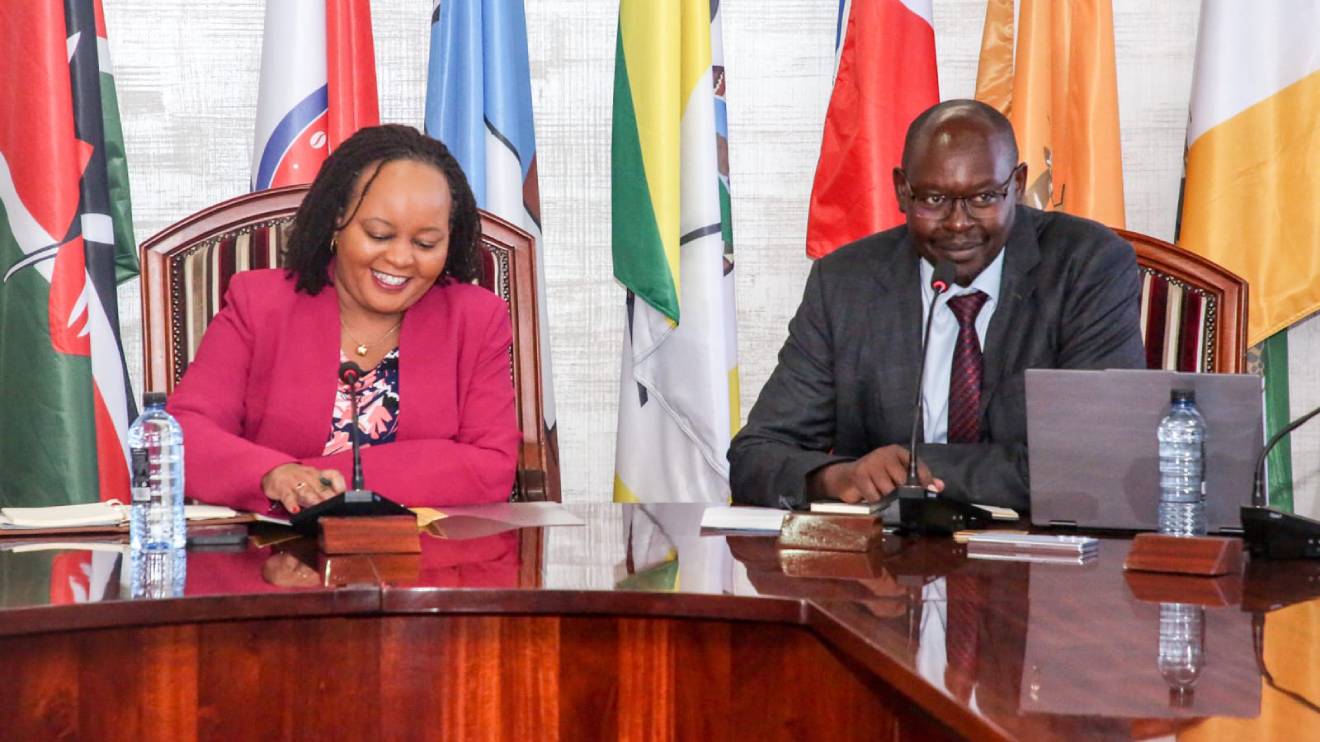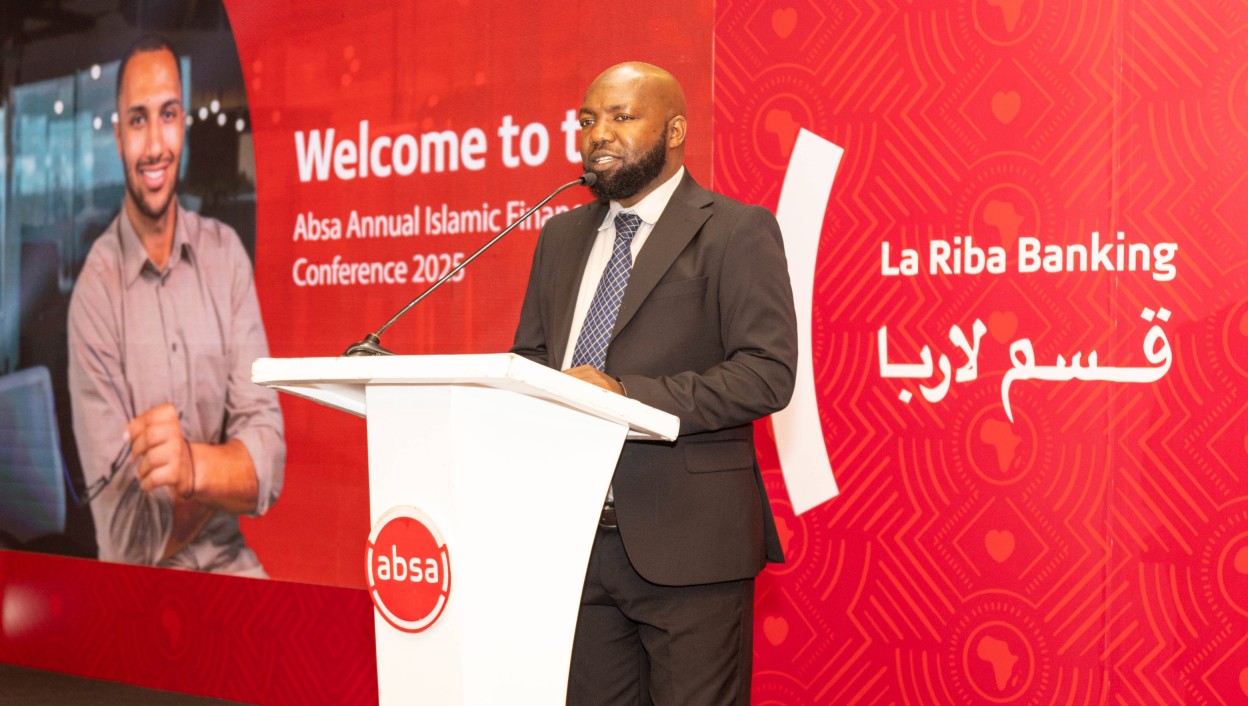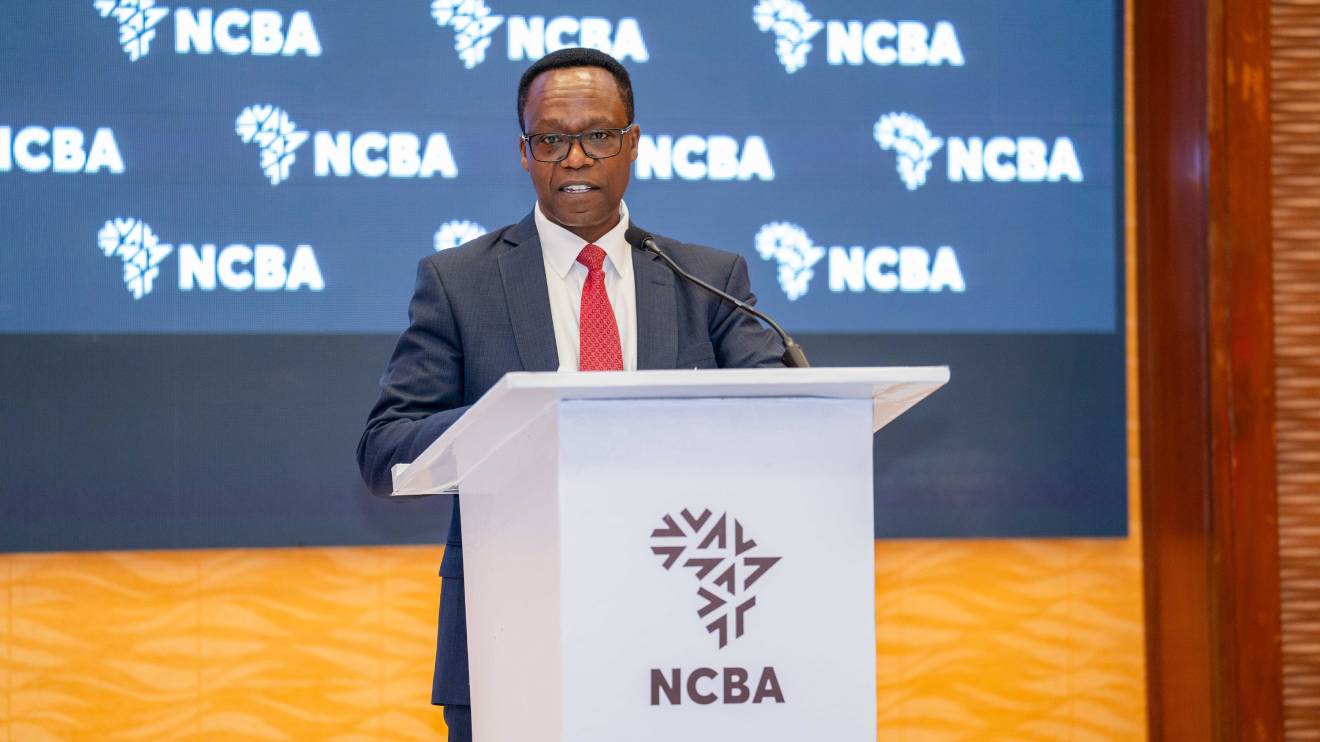The Council of Governors (CoG) led by Kirinyaga Governor Anne Waiguru and the Kenya National Chamber of Commerce and Industry (KNCCI) have joined forces to streamline inter-county trade.
Waiguru has reaffirmed the commitment to fostering a business-friendly environment across Kenyan counties, focusing on harmonizing levies affecting the ease and cost of doing business within the region.
During a courtesy call in Nairobi, COG Chair Anne Waiguru articulated the collaborative efforts between counties, the national government, and the private sector to establish standard charges, levies, fees, and taxes.
The aim is to encourage seamless inter-county trade and create a conducive atmosphere for businesses to thrive.
Waiguru, speaking with Kenya National Chamber of Commerce and Industry (KNCCI) President Dr. Erick Rutto, urged the private sector to actively participate in developing policies that would eliminate trade barriers.
Read More
Emphasizing the commitment of governors, she stated that addressing these barriers required thoughtful policy interventions.
As part of the Devolution Conference 2023 resolutions, Waiguru revealed that counties are building a comprehensive database of Micro, Small, and Medium Enterprises (MSMEs) to foster linkages between investors and MSMEs.
Additionally, the Council of Governors is coordinating County Investment forums, collaborating with KNCCI for joint planning.
“The Council of Governors is also collating the calendar dates for County Investment forums to be shared with KNCCI for joint planning,” Waiguru said.
Waiguru, highlighted the ongoing efforts to establish County Aggregation Centers and Industrial Parks.
She urged the private sector to seize the opportunities emerging from these initiatives.
Addressing the issue of skill gaps, Waiguru called on the private sector to assist counties in conducting skill gap assessments.
The goal is to identify specific skills in demand within industries and collaborate with Technical and Vocational Education and Training (TVET) institutions for targeted training programs.
KNCCI President, Dr. Erick Rutto, echoed concerns about challenges in the current business environment, particularly double taxation and the multiplicity of licenses and permits across counties.
Rutto stressed the need for policy interventions to facilitate the ease of doing business, advocating for a unified county license that encompasses all necessary permits and is recognized by other county governments.
“A single county license that encompasses all permits and is acknowledged by other county governments will spur economic activities across counties and in turn increase revenue collection,” Rutto stated.
Rutto commended county governments that have digitized their business-related services, emphasizing that such digitalization is crucial to attracting foreign direct investments (FDI) into devolved units.
He stressed the importance of eliminating manual processes to reduce inter-county trade barriers, enhance business competitiveness, and minimize opportunities for corruption.
The collaborative efforts between Kenyan counties, the national government, and the private sector signal a positive shift towards streamlining the business environment and fostering economic growth across regions.
The commitment to standardizing charges, promoting digitalization, and addressing skill gaps reflects a collective vision to make Kenya an attractive destination for both local and foreign investors.



-1755100273.jpeg)
-1756474472.jpg)



